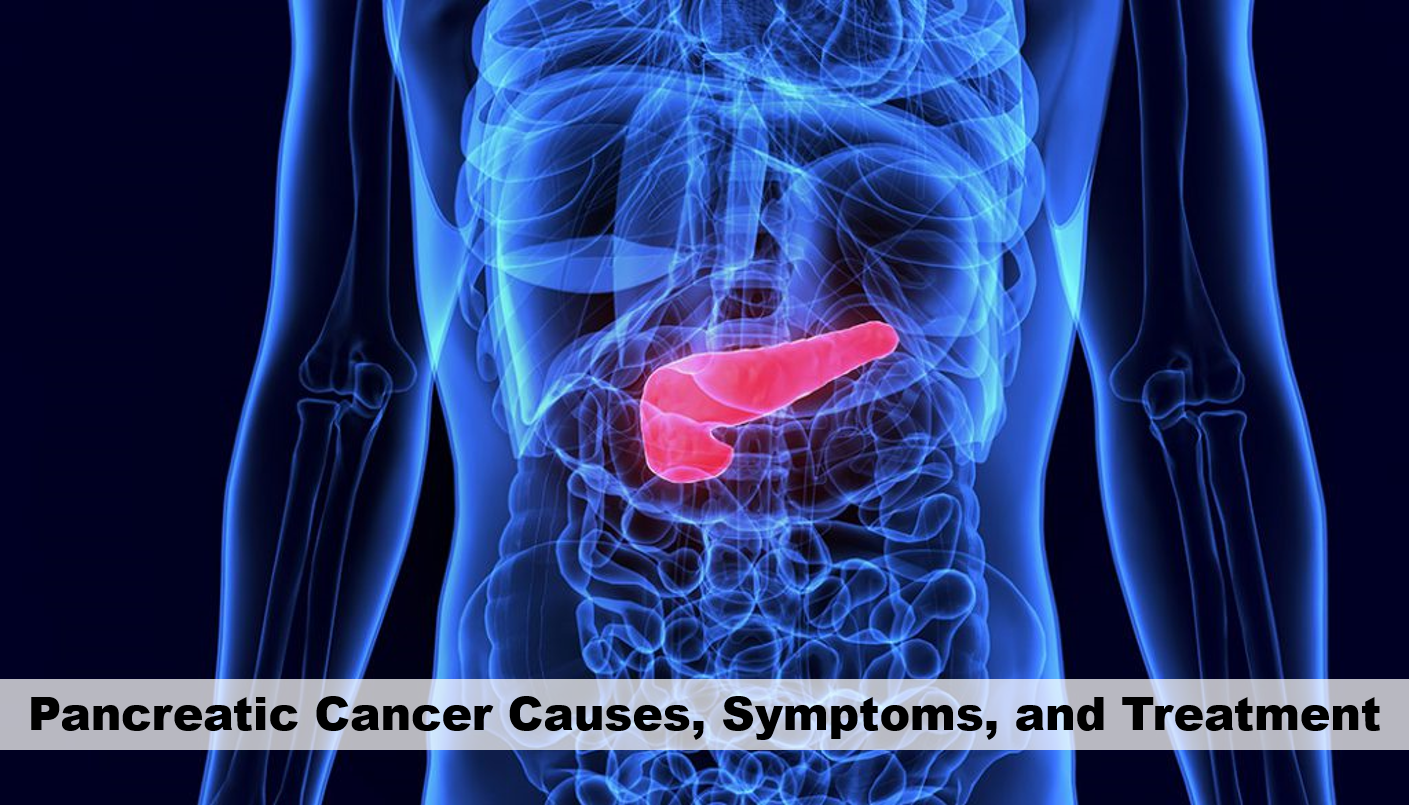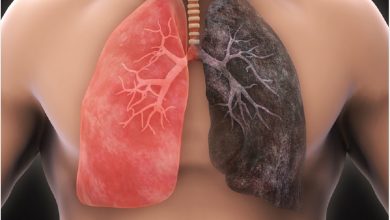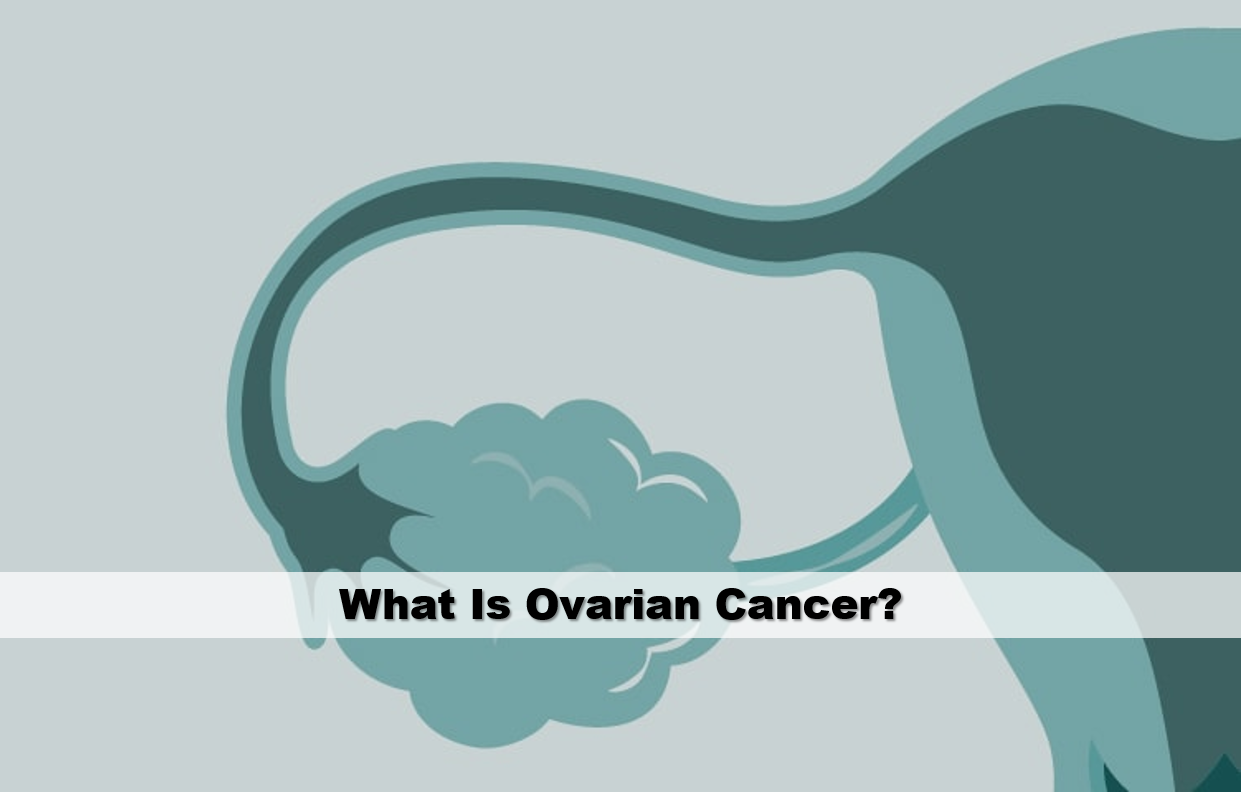Laryngeal Cancer Causes, Symptoms, and Treatment
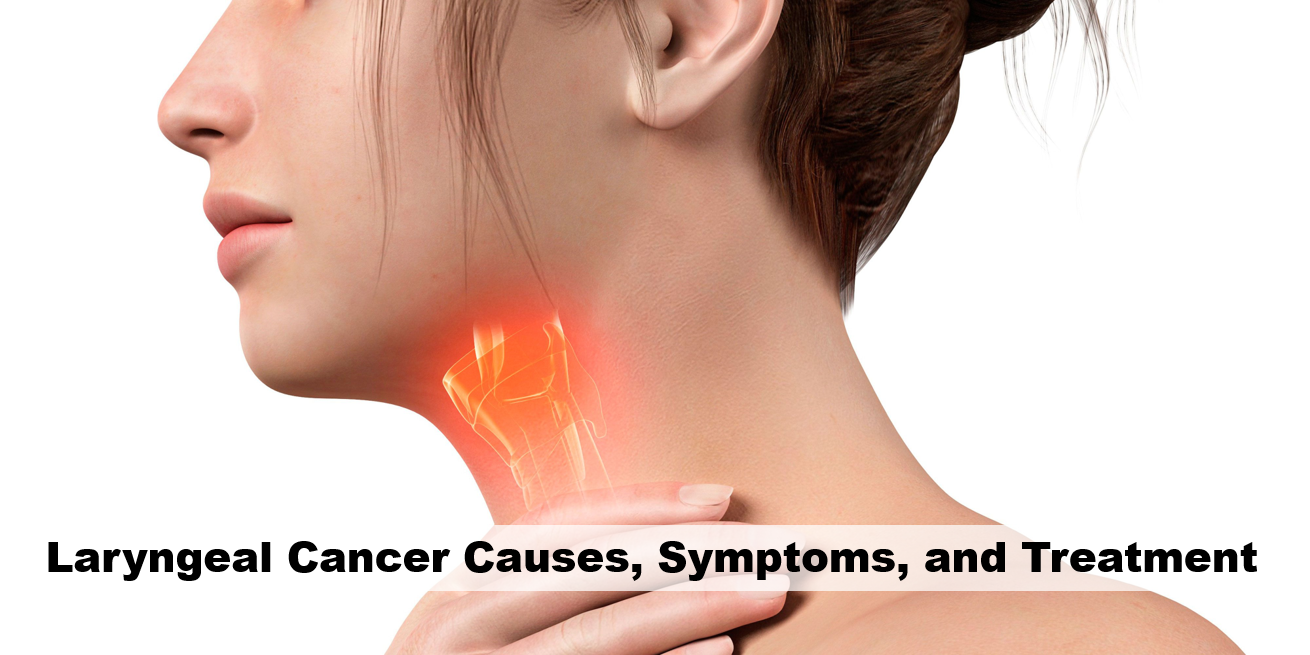
Laryngeal Cancer Causes, Symptoms, and Treatment.
Laryngeal cancer is the most common type of tumor occurring in the head and neck. Laryngeal cancer, which develops in one in every 100,000 people in the community, is mostly seen in men who smoke. The risk of developing laryngeal cancer in these people is 5-35 times higher than in non-smokers. Smoking and alcohol are the main causes of this type of cancer. In this article, we will explain laryngeal cancer causes, symptoms, and treatment by giving some tips on how to prevent laryngeal cancer in the text below:
Laryngeal Cancer
Larynx (larynx), is an organ just below the throat and in front of the pharynx (pharynx) with vocal cords. Its task is to prevent food from escaping into the trachea during food intake. Since the larynx contains the vocal cords that vibrate with the effect of the air passing through and provide sound, the sound formed in the larynx; pharynx, mouth cavity, and nose resonate. With the movement of the palate, tongue, and lips, the sound is shaped and becomes a speech. Laryngeal cancer occurs as a result of uncontrolled proliferation of some cells in the larynx.
Laryngeal Cancer Causes
Factors that increase the risk of laryngeal cancer include:
- Use of tobacco, including smoking and chewing tobacco,
- Excessive alcohol consumption
- A sexually transmitted virus called human papillomavirus (HPV)
- Diet without fruits and vegetables
- Gastroesophageal reflux disease
Laryngeal Cancer Types
- Hypopharyngeal cancer begins in the hypopharynx, which is just below the esophagus and trachea at the bottom of your throat.
- Glottic cancer begins in vocal cords.
- Supraglottic cancer begins at the bottom of your throat, under the vocal cords.
Laryngeal Cancer Symptoms
Symptoms of laryngeal cancer may include:
- Cough / Coughing up blood
- Voice changes such as hoarseness or inability to speak clearly
- Difficulty swallowing (dysphagia)
- Breathing difficulty
- Earache
- Non-healing Wounds
- Throat pain
- Loss of weight
When to see a doctor?
If you notice any persistent new symptoms, you should make an appointment with your doctor. Since most symptoms of laryngeal cancer are not cancer-specific, it is likely that your doctor will first investigate other more common causes.
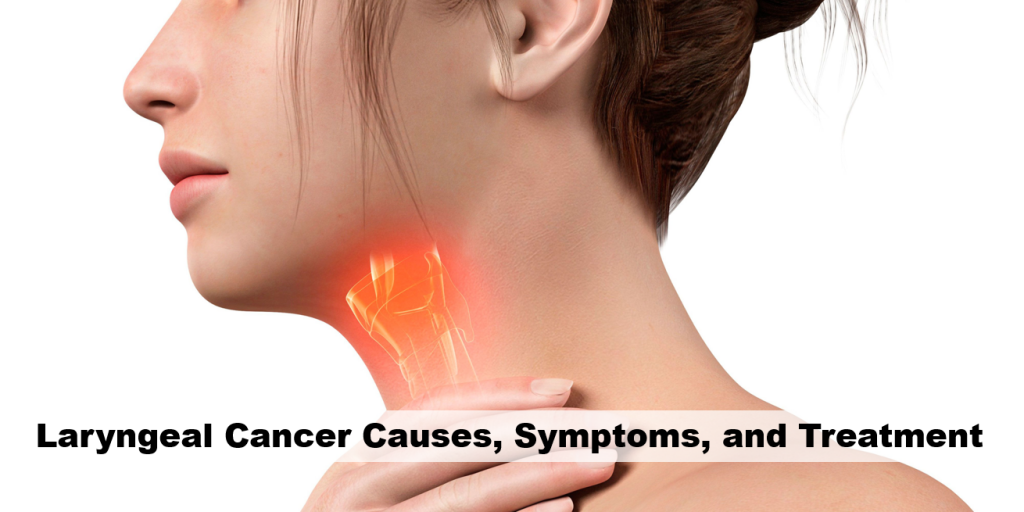
Laryngeal Cancer Treatment
According to the stages of cancer, the treatment method will change:
- Surgery
- Radiation therapy
- Chemotherapy
- Targeted therapy cancer
Once laryngeal cancer has been diagnosed, the next step is to determine the stage of cancer. Knowing the stage of the disease helps determine your treatment options. The stages of cancer are expressed in Roman numerals from I to IV. Each laryngeal cancer subtype has specific criteria for each stage. In general, stage I larynx cancer refers to a smaller tumor which does not spread the other part of the body. With the stages, the danger of laryngeal cancer increases. Stage IV is considered the last stage of this type of cancer because it spreads the distant organ, which makes the treatment hard.
Laryngeal Cancer Prevention
There is no proven way to prevent laryngeal cancer. However, to reduce your risk of laryngeal cancer:
- First thing you have to do is to stop smoking if you use. If you don’t smoke, don’t start. Quitting smoking can be difficult, so can get help. Your doctor can tell you the benefits and risks of many smoking cessation strategies, such as medicines, nicotine replacement products, and counseling.
- For alcohol, you should reduce the amount of alcohol you drink. If you choose to drink alcohol, do not overdo it. For healthy adults, this means one drink per day for all men and women over the age of 65 and two drinks per day for men aged 65 and under.
- Choose a healthy diet full of fruits and vegetables. Vitamins and antioxidants in fruits and vegetables can reduce your risk of laryngeal cancer.
- You should protect yourself from HPV. Some laryngeal cancers are thought to be caused by the human papillomavirus (HPV), a sexually transmitted infection. You can reduce the risk of HPV by limiting the number of sexual partners and using condoms in each sexual intercourse. Also consider the HPV vaccine available for boys, girls, and young women and men.

